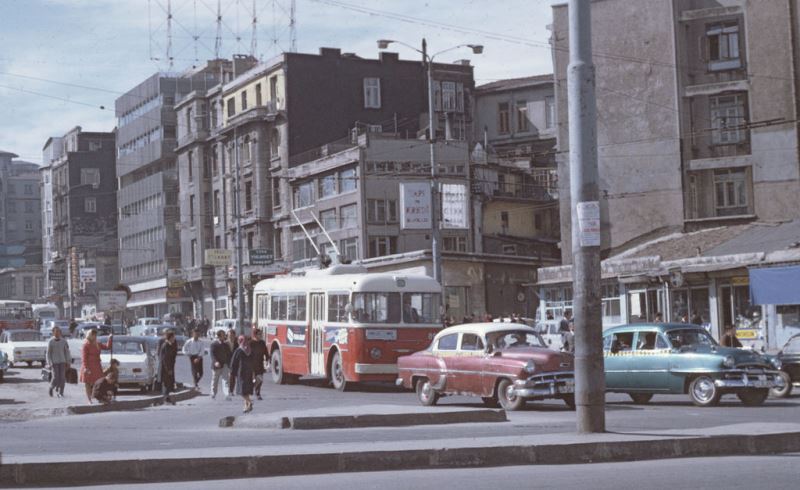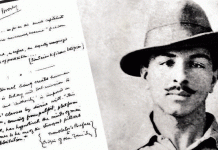- Subhas Jha is a Retired School Headmaster presently located in Bhagalpur, Bihar.
We live in a society that has less to give and more to display. In such a hyper-consumerist culture people like me who grew up before the 1990’s have seen a great transformation unfolding before their eyes- from the adoption of westernized symbols of material prosperity to the shift from welfarist to communal politics. The change that society has witnessed has compromised on many brilliant aspects that were part of Indian tradition.
I grew up and got educated in a village government school of India. This was the most beautiful time in Indian history. An independent India was just born. The nation owned an illuminating appeal with its indigenous values, ethics and culture. I am talking about a time when people were not limited by political dogmas like communism, capitalism or Gandhism but negotiated with others openly and spontaneously.

My father was a post master. He found satisfaction in his work. Every day he visited many places – met people that shared life trajectories, food, dreams and aspirations. People reciprocated my father’s warmth with love. Many of them came to our place from distant places, spent the night and found themselves at ease like a family member. This was how society functioned. Our family was big, many children, uncles and aunts were dependent on our father’s earning. His life was not dictated by any particular school of thought and ideology. But he learnt the lessons of togetherness, love, sharing, sustainable living and satisfaction without material greed.
I recall that sometimes my father brought fruits mostly grapes or bananas and on some days he even got us some toffees. When I was a child, gifting was not market oriented and had not become commoditized. All my brothers and sisters got equal shares and we loved to share these with our friends. We didn’t have expensive toys or smart phones but each day we explored a new game and played with great satisfaction. Today’s kids possess all kinds of toys and technical gadgets but are not satisfied. Children experience restlessness and all their energy is concentrated toward being updated with the market. Has something new been launched in the market, is there fundamental inquiry. That is how market is functioning today. In this abundance there is nothing to fulfill the unending wants.
As I said earlier, we went to the government school and there were no smart boards and certified teachers. The teachers did not behave cold and professional because they loved all students and were concerned about their work and wellbeing. The warmth and care were part of their pedagogy. We learnt on simple black boards. Our teachers were extraordinary. They were not experts but true pedagogues. Their vision was to educate us and enable us to face the challenges of life. We never went for tuition or coaching classes but never experienced a scarcity of aid in our educational growth. This learning was not limited to the classroom and to the books but climbing a tree, running to school, sharing food and using the same textbook book from generation to generation were concrete learning experiences.
We came to university far from home .There were new establishments, machines, industries and most qualified teachers. It was the time when Bollywood and specially Amitabh Bacchan became the icon of the youth. Yes, the time was changing and globalization coming in a big way. It was transforming each and every aspect of the social, cultural and political existence of ordinary people. The master filmmaker Satyajit Ray with his brilliance portrayed the time I am talking about.
In India’s distant villages there were ordinary people who belonged to the simplicity, cultural exchanges and shared culture more than to any particular religion and caste but this was transformed since the1990’s. After neo-liberalization and religious fundamentalism in politics began in a great way, the demolition of the Babri Masjid engulfed the nation in awe and the influence of Bollywood completely altered the way people negotiated with the idea of nation. The simplicity, the warmth across caste and religion, the welfare concerns of the government and the dream of a shared nation were changing.
In the modern times we have material prosperity but no peace. We are developing but our indigenous roots have been neglected. We have best schools and teachers but our children are restless, anxiety ridden and atomized. The state has powerful machinery but everyday our brothers are killed and daughters are raped.
My story is not fascinating and even my children find it boring. My nation was radically distinct from the nation in which my children belong today. I am searching for my existence and my India.
***














